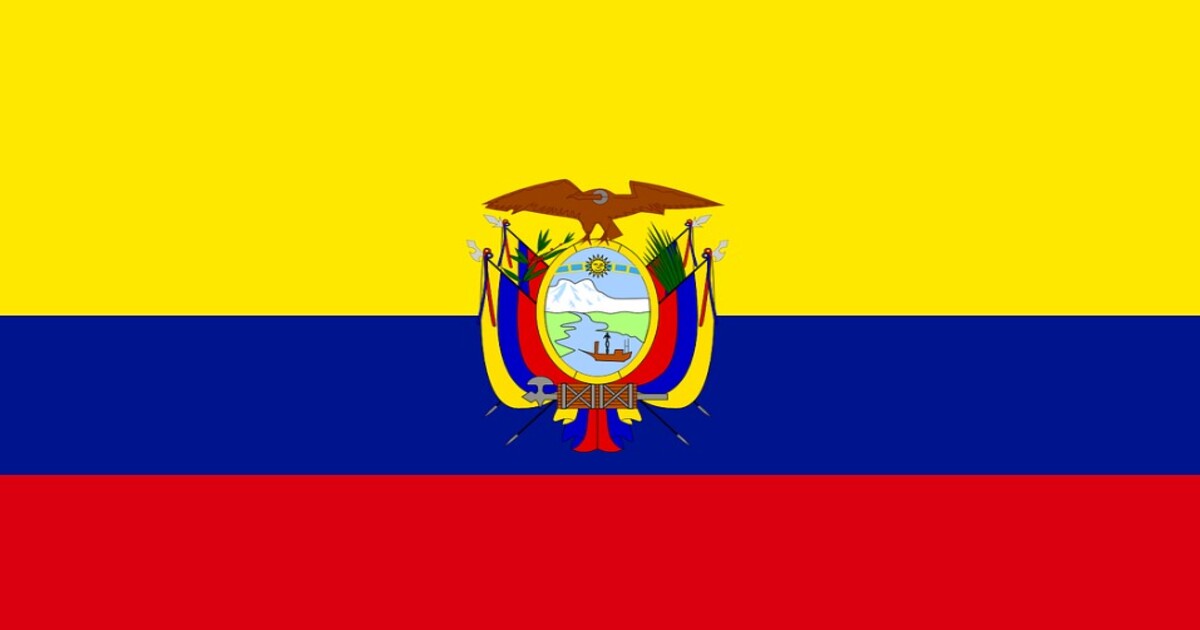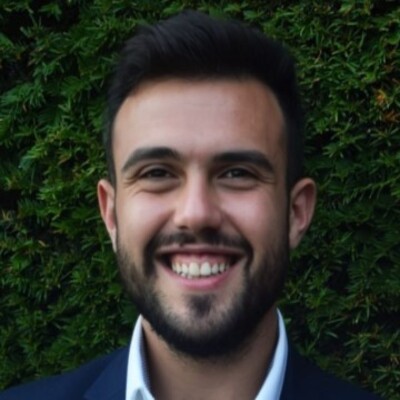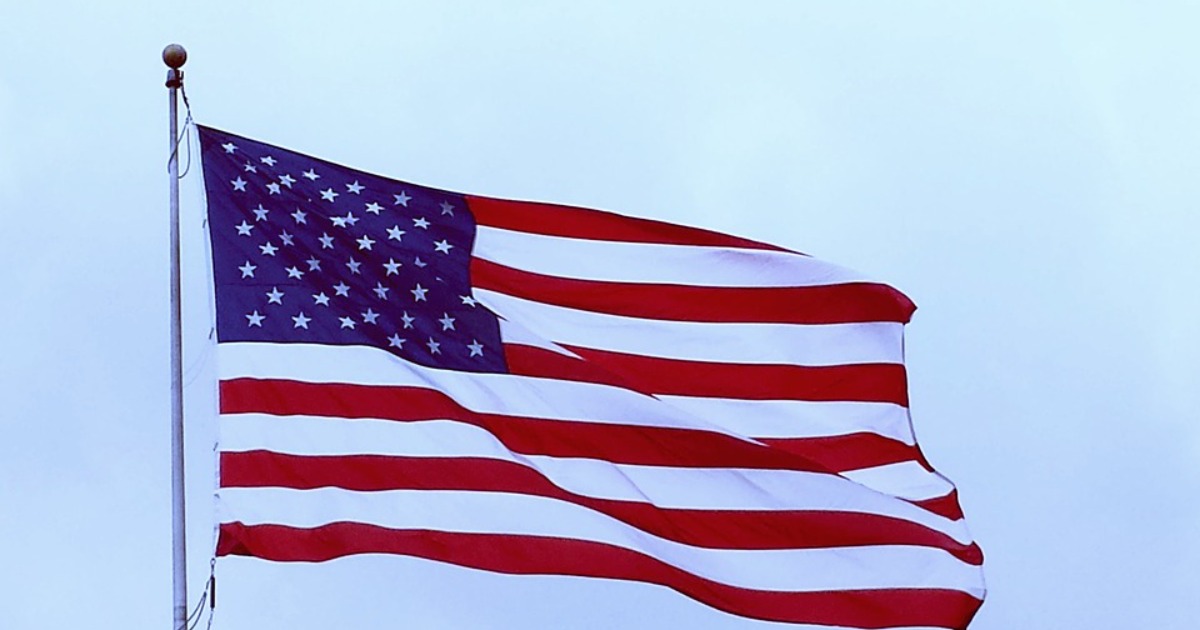Ecuador: A Nation On the Brink
Can the attempt to unravel Ecuador’s gang violence succeed?
January 20, 2024

In early January, the eyes of the world turned to Ecuador. We witnessed the terrifying images of a hooded gang breaking into a state-owned TV channel’s studio with weapons, holding the TC Televisión journalists in Guayaquil at gunpoint on a live broadcast.
I arrived in Guayaquil, Ecuador’s largest city, in September 2022. With little understanding of the country I was moving to, I was ready to engross myself in all things Ecuadorian so that I could report on the Andean nation.
Having never been to South America before, I was excited but did not know what to expect — I was a blank canvas of sorts.
Sensory overload
After dropping my bags off at my accommodation, my first task was to buy a SIM card — easy enough, right?
Trying to navigate my way around the city without a clue where I was, I found myself in a state of sensory overload.
“Mangos un dollar, mangos un dollar, mangos un dollar” would be blaring out of one street vendor’s speaker on repeat, while another selling bottles of water would compete with “agua un dollar, agua un dollar, agua un dollar” on his stereo.
Cars would be driving in every direction, with black smoke billowing out of the 1960s buses that were heaving with people. Amidst the sweltering heat, I eventually managed to find someone who would sell me a SIM card.
Meeting Jhonny
As it turned out, a Venezuelan refugee, Jhonny, who had been displaced and had been living in Guayaquil for eight months, had managed to get hold of some pre-paid SIM cards. He was hustling to sell them.
After a short conversation, Jhonny warned me that “they told me it would be safe here, but it is not. The only thing better than Caracas is I can at least make some money here. I would probably be safer back at home — please be careful here.”
Worse than in Venezuela?
I obviously had an understanding of the crisis that has been unfolding in Venezuela in recent years. Still, I was surprised to hear him claim that he felt it was more dangerous in Ecuador. So, at first, I took it with a pinch of salt.
On my way back to my accommodation, near Parque De La Ferroviaria, I got some food on the road next to where I was staying.
As I left the restaurant, I noticed it was dark. I had less than 50 meters to walk to get back.
I saw a policeman in the distance patrolling the area, so I even felt comforted about what should have been a short stroll home.
An early insight into Guayaquil
Barely a few steps on my way, four hooded men came out of the darkness, surrounded me and ripped off my shirt. “Welcome to Ecuador,” I thought to myself.
Having managed to get away relatively unscathed, running away from the mob, leaving my ripped shirt behind and somehow with my phone and wallet still on my person, something struck me — why didn’t the policeman help?
Welcome to the state of emergency
The next morning when I looked at my phone, still quite shaken up by the previous night’s events, I received an email from the British Foreign Office.
I was informed that President Guillermo Lasso had announced a state of emergency and, as such, a nightly curfew in Guayaquil and the surrounding towns of Durán and Samborondón was due to last 30 days.
Up until that point in September 2022, the three areas had registered more than 1,000 violent deaths in the first nine months of the year with over 70 registered explosions in Guayaquil by August alone.
Things quickly got out of hand in the months that followed. The state of emergency was extended time and time again. Explosions and gang violence became a regular occurrence in Guayaquil as well as in the northwestern city of Esmeraldas.
Just two weeks into being in the city, I had a gun pulled on me at a red light in a friend’s car in the rather upmarket district of Urdesa. Everywhere I went, people would be talking about the safety and security issues in Guayaquil — it started to feel like Jhonny was onto something.
Rising in the global crime statistics
According to the Igarapé Institute, Ecuador was an outlier in the region for its sudden 288% increase in homicides from 2019 to 2022.
As of 2022, Ecuador was the third most dangerous country in Latin America and the ninth most dangerous nation in the world that year.
Yet, this spiral into chaos got further out of hand in 2023, giving Ecuador the unwanted title of the Latin American country with the highest murder rate.
It overtook Honduras and Venezuela along the way, as numbers nearly doubled from the previous year, with the majority of the homicides concentrated in Guayaquil.
On the verge of being a narco-state
With this in mind, it is not a great surprise that 2024 began with the country reaching a breaking point. The country now finds itself at a point of no return.
This latest surge of violence across the country began on Sunday, January 7, when the gang leader of one of the country’s most powerful narco-criminal organizations, Los Choneros, who have links to Mexico’s Sinaloa cartel, was due to be transferred from La Regional prison in Guayaquil.
There, he was living in relative luxury, almost in control of the entire prison as seen by a recent music video filmed there and in which he starred. His new destination was La Roca, which is a high-security prison where a rival gang, Los Lobos, have far more power.
Then news emerged that Los Choneros leader Adolfo Macías Villamar, known as Fito, was not in his cell – and that the leader of Los Lobos gang, Fabricio Colón Pico, known as Capitán Pico, had also escaped from prison in Riobamba.
This sparked riots in seven prisons across the country in which many prison officers and staff were held hostage.
The new president
The country’s new President is Daniel Noboa. He is just over 50 days into his Presidency and took over from Guillermo Lasso, who was caught up in a controversy linking him to drug trafficking activity with the Albanian Mafia.
After Noboa announced a 60-day state of emergency on Monday, January 8, violence spread far beyond the one incident seen live on air by the whole nation on TC Televisión. Similar events occurred elsewhere in Ecuador’s largest city, Guayaquil, including at shopping centers and at one of the universities.
Across the city, police officers were being killed and kidnapped. Other individuals were killed in friendly fire, including a mutual friend of mine, a musician in his 30s called Diego Gallardo. He was on his way to pick his young children up from school.
Gang bombings also spread across the whole country, including in the capital Quito in a variety of places, including hospitals.
The country has now gone into a shutdown of sorts, with many of the normal every day services such as schools, healthcare and public transportation put on hold.
Naturally, the questions on everyone’s lips are what has caused this and what will happen next?
Correa’s populist and disastrous legacy
Though many will claim that the main root of the violence is the effects on the economy that the pandemic had, which did indeed brutalize the country, in my view the conversion of Ecuador into a quasi-narco state was already underway before, under the watch of exiled President Rafael Correa.
During his presidency, Guayaquil became the largest hub for trafficking cocaine through the Pacific to North America.
Although the crime figures under Correa’s leadership were deceptively low, many believe this is because Correa’s tenure turned a blind eye towards narco-related activity.
Correa’s soft-stance on the narco-gangs meant that Ecuador became fertile soil for Mexican cartels to bring their business to the Andean nation.
Here, they cannot only go relatively unchecked, but can utilize the geographic advantage of Ecuador being sandwiched between the two largest cocaine producing nations, Peru and Colombia.
Can Noboa turn things around?
Daniel Noboa finds himself in a very challenging situation just weeks into his Presidency. He knows that he will have to go back to the polls again next year, as he is currently serving the rest of disgraced President Lasso’s initial term.
At age 36, Noboa is the youngest democratically elected head of state in the world. A self-declared centrist, his stance when it comes to crime seems to be one that most would attribute to hardline right-wingers.
Noboa has recently scrapped guidelines allowing personal drug possession, citing concerns that these rules encouraged small-scale drug trafficking.
However, this move is thought to be designed more to appeal to a right-wing base ahead of next year’s Presidential election, rather than a practical solution to responding to terrorism.
Going after “terrorist” organizations
The immediate action in response to last Tuesday’s events is a decree labelling 22 gangs as terrorist organizations.
Noboa’s approach draws inspiration from Nayib Bukele, El Salvador’s President, who has waged a war against street gangs.
El Salvador’s crackdown, though effective in the short term, raises concerns about potential abuses of power, suspension of civil liberties and infringement upon human rights. The risks and ethical questions associated with such an iron-fist strategy loom large.
Noboa’s plan mirrors the Salvadoran model, which has seen the imprisonment of nearly 2% of its population.
Ethical dilemmas
The suspension of basic liberties, and due process as well as other human rights infringements in the name of security obviously raises ethical dilemmas. The potential erosion of democratic safeguards and the risk of further violence are significant concerns.
Yet, as Ecuador embarks on this path, it seems that the nation has few alternatives. The level of control the gangs have in prisons and on the streets has propelled the country into a tumultuous state of affairs. The statistics on deaths and emergencies in Guayaquil in particular underscore the urgency of a meaningful response.
Regional repercussions
As Ecuador grapples with the unfolding crisis, the impact abroad and a potential refugee crisis both add a layer of complexity to the situation.
The foreign minister’s proposal to repatriate 1,500 prisoners to Colombia and the opposition from Colombian Justice Minister, Néstor Osuna, highlights the challenges to an already overstretched prison system.
Osuna’s opposition to this proposal highlights the diplomatic challenges and potential hurdles in obtaining collaborative assistance.
The delicate balance between sovereign interests and the collective need for regional stability underscores the complexity of addressing the crisis.
Meanwhile, the closure of airports compounds the difficulty for many of those considering fleeing the country, with the borders into Peru and Colombia being far too dangerous to cross right now.
Is Ecuador the next Venezuela?
The irony of Jhonny, a Venezuelan refugee warning me about safety concerns in Ecuador, is palpable.
Ecuador, hosting over half a million Venezuelan nationals, now faces the grim reality of becoming even more dangerous both for the many refugees it hosts, forcing them into displacement again, and for pushing its own citizens to consider undertaking a treacherous journey out of the country.
Yet, as Ecuador struggles with internal turmoil, the need for regional cooperation becomes apparent.
The potential implementation of the Salvadoran model, involving significant military intervention, will likely require support from other Latin American nations – despite Noboa’s desire to characterize himself as a strongman who can fight this alone.
Conclusion
The potential for a civil war and a refugee crisis looms. Meanwhile, the international community watches with bated breath, pondering the balance between security measures and the preservation of human rights in the face of likely escalating violence.
I find myself constantly reminded of the sentiment that I heard on more than one occasion, “Guayaquil is turning into Medellín in the early 1990s”.
What at first appeared to be hyperbole, I worry is fast becoming true and my heart bleeds for those in Ecuador who never saw this coming.
Takeaways
Can the attempt to unravel Ecuador’s gang violence succeed?
In 2023, Ecuador got the unwanted title of the Latin American country with the highest murder rate.
As Ecuador struggles with internal turmoil, the need for regional cooperation becomes apparent.
The potential for a civil war and a refugee crisis in Ecuador loom. Meanwhile, the international community watches with bated breath.
What at first appeared to be hyperbole, I worry is fast becoming true and my heart bleeds for those in Ecuador who never saw this coming.

